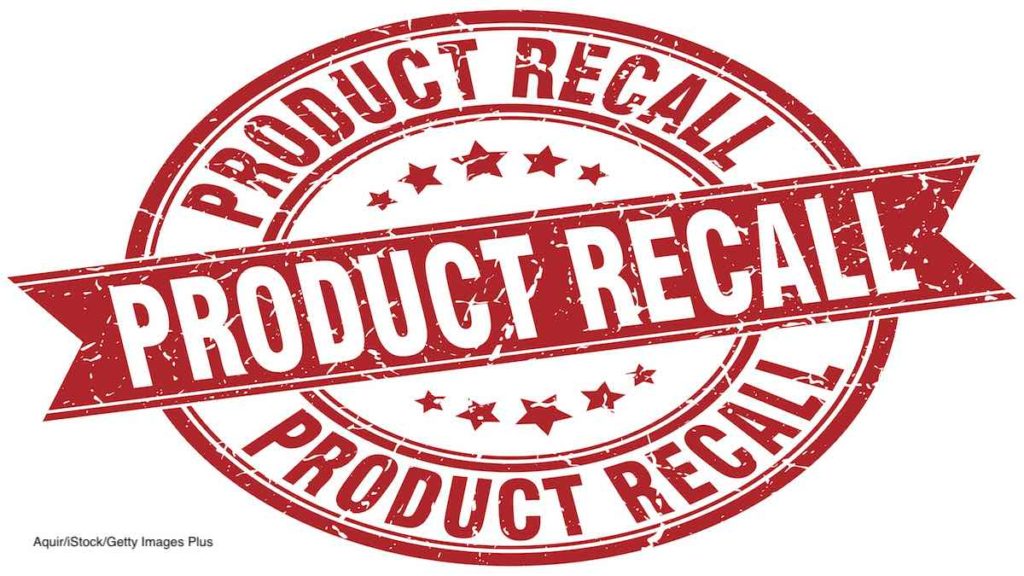U.S. PIRG, the federation of state PIRGs (public interest research groups), has found that the recalls of potentially hazardous meat and poultry recalls nearly doubled from 2013 to 2018. Their report, How Safe Is Our Food?

During that time frame, while there has been a 10% increase in overall recalls, there was a 70% increase in chicken recalls, and an 83% increase in Class 1 meat and poultry recalls, which are those likely to cause serious illness or death.
Some of these recalls may be because of better identification of pathogens in food, and new technology such as whole genome sequencing. The U.S. PIRG also says that the Food Safety Modernization Act of 2011 has also increased food recalls.
Adam Garber, U.S. PIRG Consumer Watchdog said in a statement,
“The food we nourish our bodies with shouldn’t pose a serious health risk. But systemic failures mean we’re often rolling the dice when we go grocery shopping or eat out. We can prevent serious health risks by using common sense protections from farm to fork.”
The report includes seven cases studies of outbreaks. They include the I.M. Healthy Soy Nut Butter E. coli O157:H7 outbreak in that sickened 32 people and hospitalized twelve; the precut melon outbreak linked to Caito stores that sickened 77 with Salmonella Adelaide infections; the Kellogg’s Honey Smacks Salmonella Mbandaka outbreak that sickened 135; the E. coli outbreak linked to romaine lettuce that sickened more than 200 people and killed five; and the current ongoing JBS Tolleson ground beef Salmonella Newport outbreak that has sickened 333 people and hospitalized 91.
The group recommends some steps that they say could address the issues that lead to these outbreaks. They would like to see testing of irrigation water for pathogens and setting health-based bacterial load levels for that water.; requiring plants to identify pathogens associated with meat and poultry products as hazards, update food safety standards at facilities every three years, and improve traceability throughout the food supply. They also say that the JBS Tolleson outbreak may have been prevented if it was not legal to sell meat that tests positive for Salmonella. That is currently legal as Salmonella is not considered an adulterant.





Hello
Thaks for the article
May be I would add to the elements which explains the phenomenon, the use of blockchain and other traceability control technologies.
Regards
Mejed